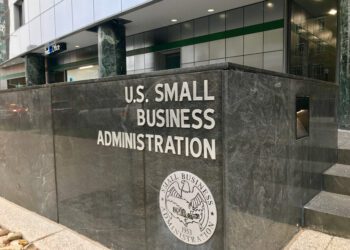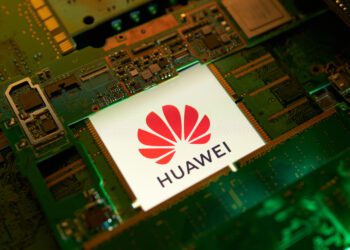In the Summer 2022 Fortune/Deloitte CEO survey, CEOs have lowered their high growth expectations and acknowledged the significance of the mounting array of crises facing the world today.
Uncertainty, volatility, and increasing demands encroach on optimism for the future
Heading into 2021, CEOs described the year ahead as a year of hope. Then, heading into 2022, they offered up a variety of answers, with ‘hopeful’ being almost exactly counterbalanced by ‘uncertain.’ Now, halfway into 2022, with rising inflation, the mounting mental health crisis, and geopolitical instability, coupled with a broadening array of stakeholders with diverse interests, opinions, and expectations, it is not surprising that CEO optimism has declined.
CEOs have traditionally remained a beacon of hope and optimism throughout turbulent times. However, after leading their organizations through an unprecedented health crisis over the last two years, and now facing a new wave of social, political, and economic disruptions, it’s not surprising to see that respondents shared lowered growth expectations and rising pessimism. The latest Fortune/Deloitte CEO survey insights also bring to light what appears to be increased expectations on the evolving role of the CEO.
Below are highlights from this latest survey, for which 116 leading CEOs shared their perspectives on a variety of topics including growth, the Russia-Ukraine conflict, diversity, equity, and inclusion practices, and the factors guiding decisions for taking stances on social issues.
Growth expectations trend downward, and pessimism is on the rise
While about half of CEOs expect strong or very strong growth for their own organization over the next 12 months, this is a far cry from the previous optimism levels CEOs had expressed regarding anticipated growth, decreasing 28% from June 2021 (77%) and 16% from January 2022 (65%). Regarding personal outlook, CEO optimism also declined from where it was just five months ago, particularly for the global economy.
Disruptors are many and in flux
More than eighty percent of CEOs expect inflation to influence or disrupt their business strategy within the next 12 months. While labor/skills shortage has been unseated from its previous top position, it remains a top disruptor for over half (59%) of CEOs. Geopolitical instability and supply chain disruptions round out the list (49% and 45%, respectively). When asked how the Russia-Ukraine conflict has adversely affected their organization, mental health implications for employees and families was mentioned most (32%).
View the full report at https://www2.deloitte.com/us/en/pages/chief-executive-officer/articles/ceo-survey.html.












